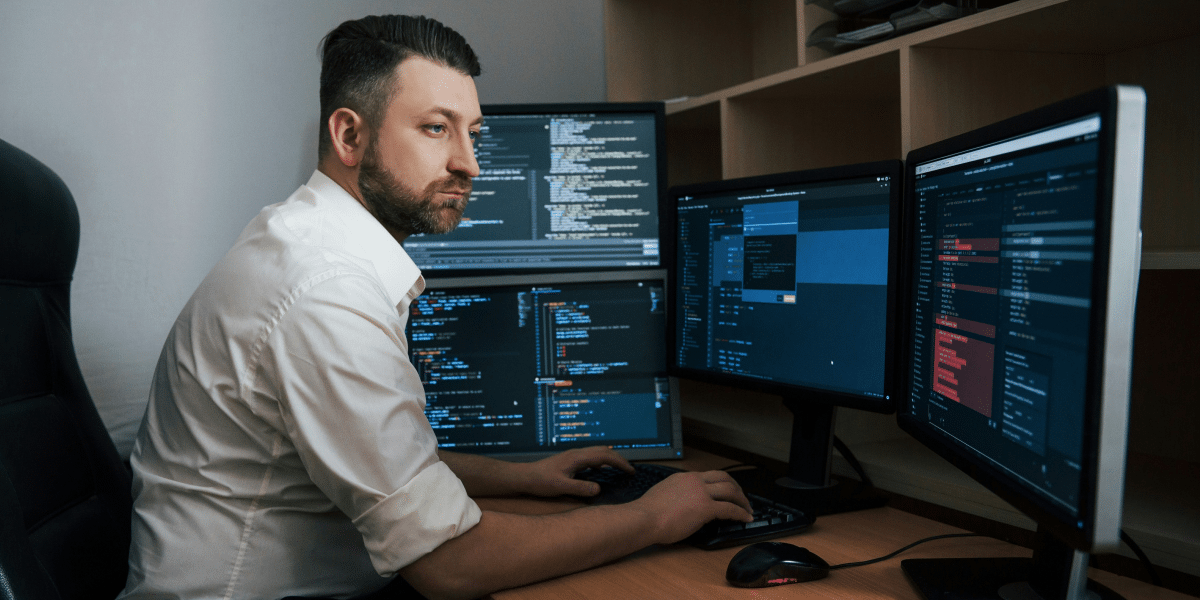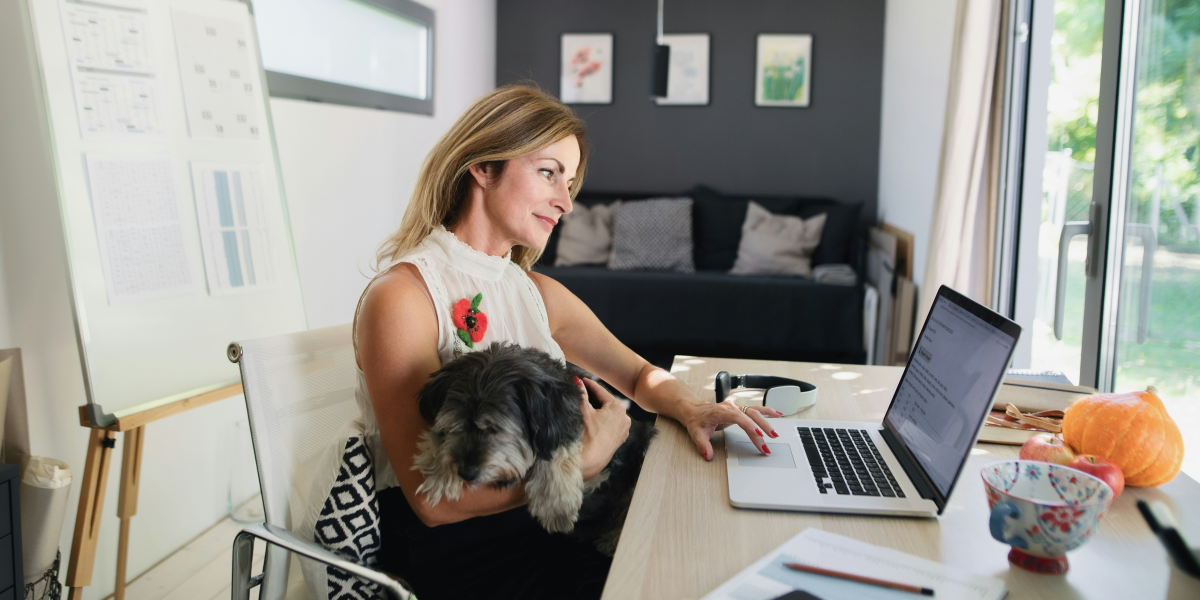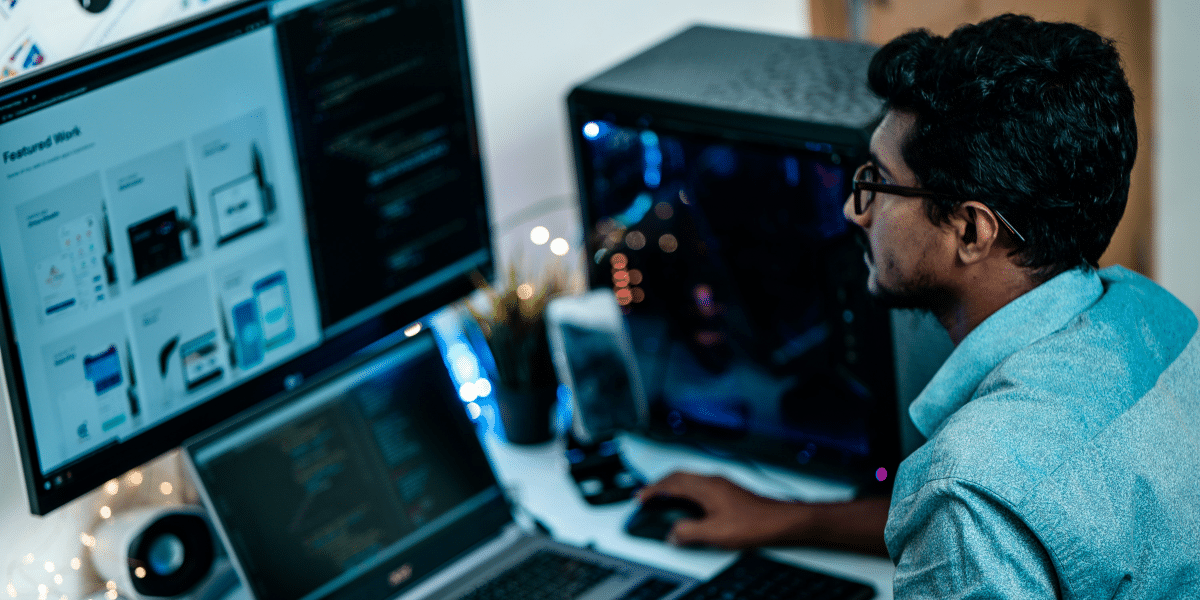Consumer confidence and spending habits are often seen as key indicators of the health of an economy. In recent months, these indicators have sent mixed signals, leaving many people wondering about the current state of consumer confidence and how it’s impacting personal finances. With economic uncertainty looming, it’s crucial to understand how these factors are influencing spending patterns and what this means for both individuals and the broader economy.
What is Consumer Confidence, and Why Does It Matter?
Consumer confidence refers to how optimistic or pessimistic people feel about their financial situation and the overall economy. When consumer confidence is high, people are more likely to spend money, which boosts economic growth. On the other hand, when confidence is low, people tend to save more and spend less, which can slow down the economy.
Recently, consumer confidence has shown signs of fluctuation. Some people feel uncertain about the future due to rising inflation, job market instability, and global economic tensions. These concerns can lead to a drop in consumer confidence as individuals become more cautious about their spending. They may delay big purchases, cut back on non-essential expenses, and prioritize saving money. This shift in behavior can have a significant impact on businesses and the economy as a whole, as lower consumer spending can reduce demand for goods and services.
At the same time, there are factors that can boost consumer confidence, such as positive employment news or government interventions aimed at stabilizing the economy. When people feel secure in their jobs and optimistic about the future, they are more likely to spend money on things like vacations, new cars, or home improvements. Understanding these dynamics is essential for both consumers and businesses as they navigate the current economic landscape.
How is Economic Uncertainty Affecting Spending Habits?
Economic uncertainty can have a profound effect on how people manage their finances. When the economy is stable, consumers are generally more willing to spend, take on debt, and invest in the future. However, during times of uncertainty, like the one we are currently experiencing, spending habits often change.
One noticeable trend is an increase in cautious spending. People might start to focus more on necessities, like groceries and utilities, while cutting back on discretionary items such as dining out, entertainment, or luxury goods. This shift can be seen in the way people are budgeting, with a greater emphasis on saving and reducing debt. In some cases, consumers might also turn to more affordable alternatives, choosing generic brands over name brands or opting for second-hand items instead of buying new.
Another impact of economic uncertainty is the change in long-term financial planning. With concerns about job security and the potential for a recession, many people are rethinking their financial goals. Some may delay major purchases, like buying a house or starting a business, until they feel more confident about the future. Others might increase their contributions to savings accounts or retirement funds as a precautionary measure.
However, it’s not all about cutting back. For some, the current economic climate has led to an increase in spending on certain items. For example, with more people working from home, there has been a rise in spending on home office equipment, technology, and home improvement projects. Additionally, the desire for financial security has driven some to invest in assets like real estate or stocks, viewing them as a way to protect their wealth during uncertain times.
What Can Consumers Do to Navigate Economic Uncertainty?
Navigating economic uncertainty requires a balanced approach to spending and saving. For those feeling uncertain about the future, it’s important to focus on building financial resilience. This can include creating or adding to an emergency fund, which provides a safety net in case of unexpected expenses or income loss. Even a small amount set aside each month can add up over time and offer peace of mind.
Another strategy is carefully evaluating spending habits and identifying areas where costs can be reduced. This doesn’t necessarily mean making drastic lifestyle changes but rather being mindful of unnecessary expenses and prioritizing financial goals. For example, it might be helpful to track spending for a few months to see where money is going and then make adjustments as needed.
It’s also worth considering how to make the most of the current economic conditions. For some, this might mean taking advantage of lower interest rates to refinance a mortgage or consolidate debt. For others, it could involve exploring investment opportunities that align with long-term financial goals. The key is to stay informed about economic trends and make decisions that are best suited to individual circumstances.
Finally, maintaining a flexible financial plan is crucial. Economic conditions can change rapidly, and having a plan that can adapt to new challenges or opportunities is essential. This might involve regularly reviewing financial goals, staying up-to-date with economic news, and being open to adjusting strategies as needed.
Consumer confidence and spending are closely linked to the overall health of the economy. As we navigate a period of economic uncertainty, it’s clear that many people are rethinking their spending habits and financial strategies. By understanding these trends and taking proactive steps to manage personal finances, consumers can better prepare for whatever the future holds. Whether it’s through cautious spending, saving for the future, or finding new ways to invest, staying informed and flexible will be key to navigating these uncertain times.










